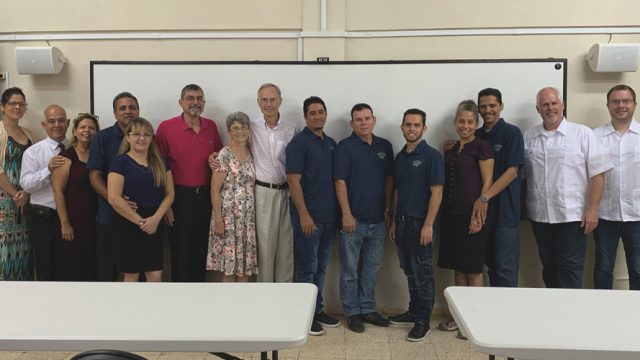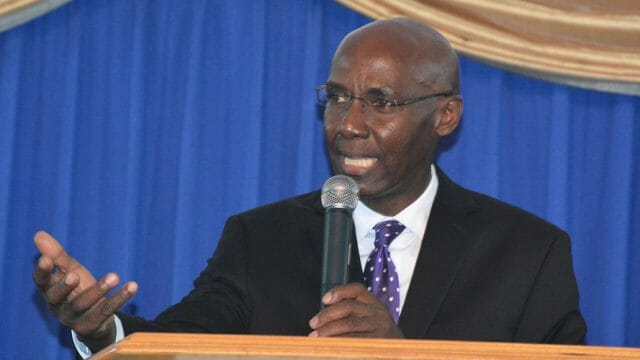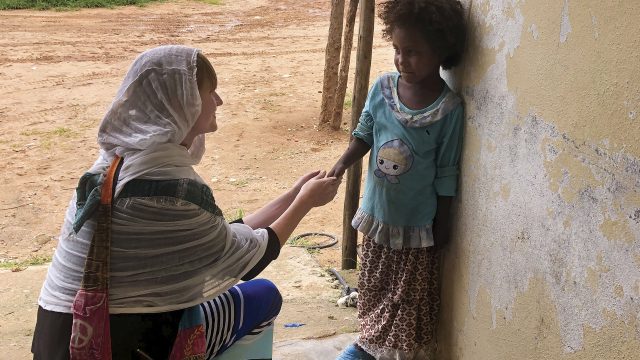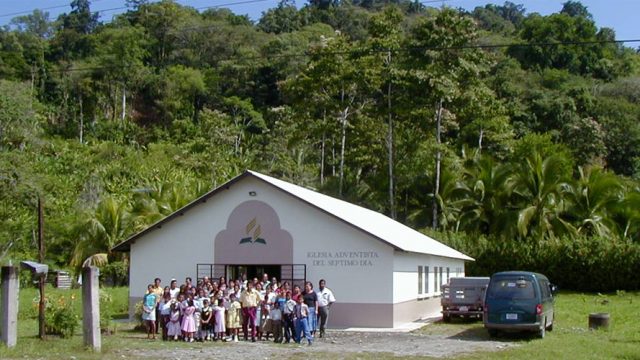At 85, an experienced community service leader explains why she can’t slow down.
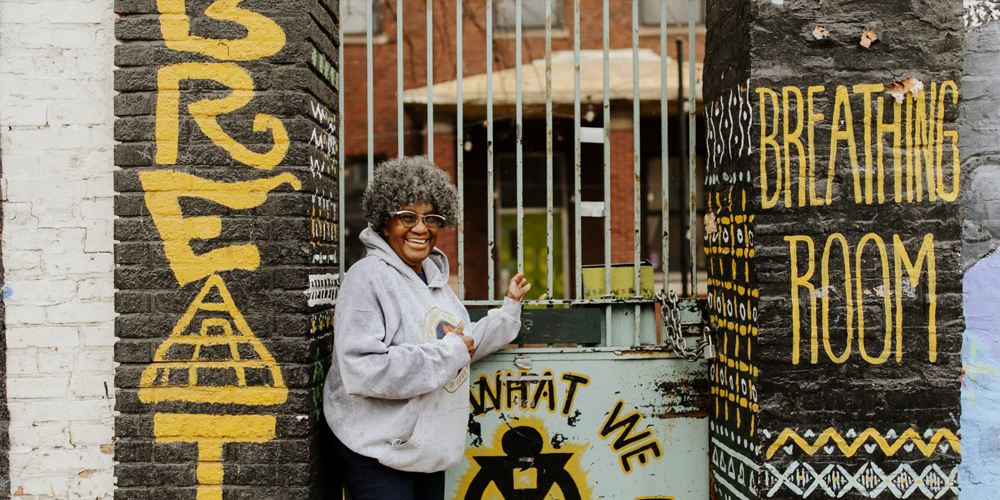
A few days before Thanksgiving 2021, Dollie Williams received a phone call from a school social worker with an urgent request to prepare a Thanksgiving meal for an indigent family. The unexpected plea could not be ignored.
Although Williams is no longer in charge of community services at New Life Seventh-day Adventist Church in Chicago, Illinois, United States, she immediately started rounding up a sisterhood of cooks to help rescue the family’s holiday.
At 85, Williams, a vibrant grandmother with a throaty laugh, has not slowed down. In June 2021, after 66 years of serving in one capacity or another, she officially retired from leading the church’s Adventist Community Services (ACS). Yet, months later, as she bustles around her home filled with photos of the people and memories she cherishes most, you can’t help wondering how she finds the energy to keep going.
Her life represents one of heeding Jesus’ marching orders to “go” — and as she went, she became a living embodiment of the verse, “ Let your light shine before others, that they may see your good deeds and glorify your Father in heaven” (Matthew 5:16, NASB).
Hardscrabble Beginnings
The call to go and serve the poor started very early in Williams’s life. The first of nine children, she was born June 7, 1936, in Belzoni, Mississippi, living on a plantation surrounded by cotton fields, cornfields, and dirt roads. Raised in the Jim Crow era, a time when African Americans were relegated to second-class status, she remembers the indignities such as the expectation of addressing White children as “sir” and “ma’am.”
Thus, the twin experiences of growing up poor and enduring the shattering wounds of racism are what pushed Williams to help those in need.
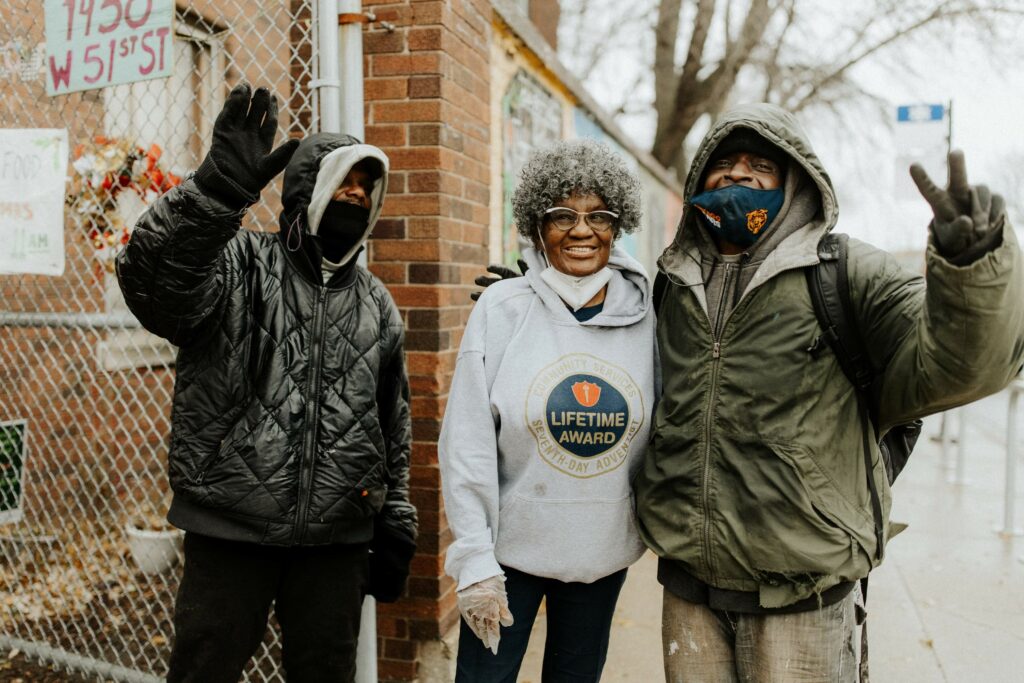
Her mother’s dream for her daughter to receive a proper education came when Williams went to Huntsville, Alabama, to attend Oakwood Academy.
After graduation, Williams took the opportunity to earn scholarship money and attend Oakwood University by selling Message magazine subscriptions. While in college, she continued a life of service by joining the prison ministry.
After a year in college, 1954 to 1955, William’s Oakwood experience ended abruptly. Her mother fell ill, and she was needed at home. Later, with her mother’s health restored, Williams wanted to return to Oakwood, but there was no work on campus for her to pay for her tuition.
Chicago Bound
In 1955, Williams joined the six million Black Americans moving from the south to midwestern states to escape poor economic conditions and racial segregation, a time marked as the largest movement of people in American history. While living with an aunt in Chicago, the then 19-year-old quickly joined the nearby West Side Seventh-day Adventist Church, today known as the Independence Boulevard church.
At the time, the Seventh-day Adventist Church had a community outreach program called the Dorcas Society (now Adventist Community Services), and Williams found her niche when the leader, Irene Turner, suggested that she follow up with the people who came to the church for help, visiting them in their homes to assess their needs.
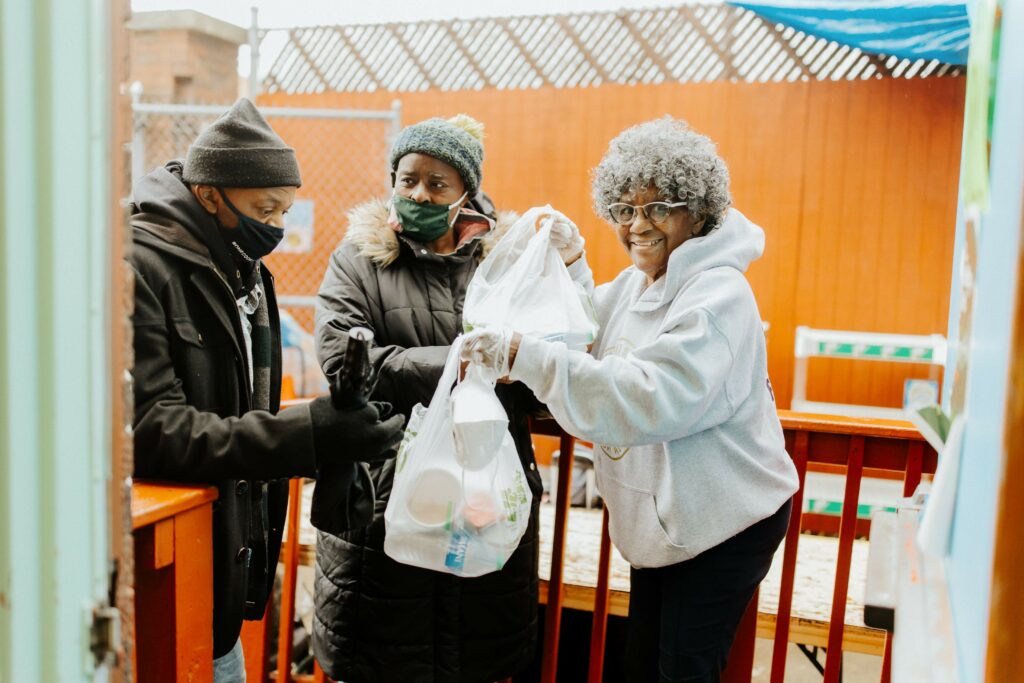
What Williams experienced on these home visits turned into the catalyst for a lifelong commitment to service. “I started seeing conditions that were a flashback for me of my [own] condition, growing up as a young child,” she explained. “I thought I had it hard when I was growing up. Even though I had to share my bed with my four sisters, we still had a bed. But when I went to houses where they had no chairs to sit in, they had no stove to cook on, they had no refrigerator to store anything, and they were sleeping on floors, and when I say sleeping on floors, I mean sleeping on the floor, no cover, or anything — that did something to me. From that point on, I wanted to do something about it.”
Williams enrolled at Malcolm X College and later completed a bachelor’s degree in sociology at the Daniel Hale Williams University. She set out on a career to help “the least of these.”
“All my jobs have been human service type jobs, trying to help someone,” she noted.
Moved by the dismal conditions she witnessed, Williams turned to church members for assistance. “We started doing Christmas baskets and Thanksgiving baskets. That’s really the story of my life. I’ve always involved the church in whatever it was.”
Over the years, the “whatever it was” was a lot! Williams served as the executive director of a facility for homeless women and supported the efforts of Jesse Jackson Sr. in what later came to be known as Operation PUSH. She was also acknowledged for her work in Chicago during the wake of the assassination of Martin Luther King Jr. and the riots that followed. She was the recipient of numerous humanitarian awards. In the early 2000s, Williams’s name was added to the Wall of Tolerance in Montgomery, Alabama for her efforts during the Civil Rights movement.
From 1984 to 1998, Williams served as president of Chicagoland ACS Federation. During this time, she helped coordinate several community service initiatives and formulated choirs and singing groups. In 1992, after Hurricane Andrew wreaked devastation on parts of Florida, Williams worked with sister churches in the area and the Lake Region Conference Community Services to adopt families affected by the hurricane. In the weeks that followed, she and her team held a rally in Florida, handing out checks to affected families.
Finishing the Race
Williams is what some might call a “Titan of Industry,” yet, in spite of all her accomplishments, it’s the souls that she’s helped lead to Christ that she cherishes most.
In 2013, Williams was elected for one last term as ACS Federation president. She felt God placing a new mission on her heart to lead two evangelistic meetings.
The first was in Pembroke, Illinois — one of the poorest towns in the Midwest, located 70 miles (about 112 kilometers) from Chicago. She recalls, “We went down and [worked] the field, went door-to-door. We had what we call a community day. We went to one of the schools and had a cookout. We gave out gifts, such as washing machines, brand new deep freezers, microwaves.’’
Partnering with the local pastor, Lawrence Oladini, and the Hopkins Park Ephesus Seventh-day Adventist Church in Pembroke, they held a three-week revival in the fall of 2015. Timothy Nixon was the speaker, and at the end of the three weeks, four people were baptized.
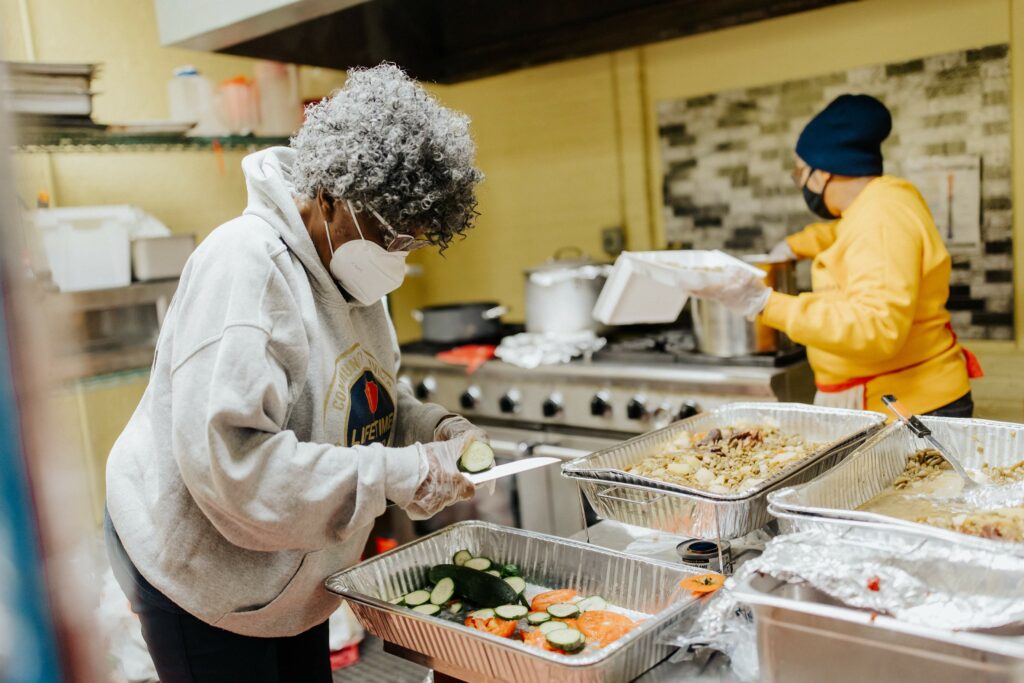
The following year, ACS Federation linked with the Robbins Seventh-day Adventist Church in Robbins, Illinois, and pastor Philip Willis Sr., to host a revival series. “We did a parade. We had the fire department, the police. Then we had a cookout when we got back to the church.
“Those two experiences I cherish the most. Bringing souls to Christ meant so much to me,” she says, adding, “I feel I’m more rewarded than the people because I just feel so good inside when I have been able to make a difference.”
Williams’s husband passed away three years ago, and she’s now caregiver to Carolyn Palmer, former school principal and Lake Region Education superintendent. She volunteers on the first Sunday of the month at the community service center, dishing out hot meals and dispensing words of encouragement to the homeless in South Chicago.
“I think about Christ, what He went through — no matter what, He kept going, He kept on it. That motivates me to say, ‘If Christ could do that for me. I can do this small stuff He wants me to do.’ ”
The original version of this story was posted on Lake Union Herald.


